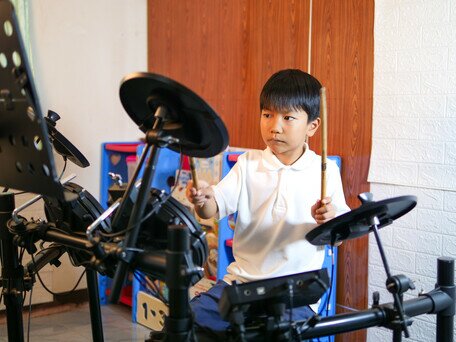Power sharing in the school-based values education curriculum: Implications for critical pedagogy practice
- 项目计划:
- 优配研究金
- 项目年份:
- 2019/2020
- 项目负责人:
- 黄美仪博士

The proposed study aims to link the theory of critical pedagogy (CP) with its practice and gain a better understanding of how to achieve the educational goal of equipping students with critical thinking skills.
The proposed study aims to link the theory of critical pedagogy (CP) with its practice and gain a better understanding of how to achieve the educational goal of equipping students with critical thinking skills. Specialists in CP have explored solutions to “banking education” (Freire, 1996) and have provided various alternative suggestions for school education – e.g., “problem posing”, “dialogue” (Freire, 1996) and “critical consciousness” (Freire, 1974/2005), as well as “engaged pedagogy” (hooks, 1994) and democratic classroom culture (Shor, 1996). However, CP practices remain under-researched. The understanding of CP practice is mainly confined to the theoretical level, largely within the disciplines of social studies and language education. Compared with CP studies in higher education, relatively few studies have investigated CP practices in primary schools and non-English literacy classrooms. Studies of CP practice at the primary school level in Hong Kong are extremely rare. The studies of CP in Hong Kong focus largely on understanding the culture in English classrooms (e.g., Lin, 1999; Lin, 2007; Sinn, 2010), although Moorhouse (2014) has put the practices of CP into Hong Kong primary classrooms through critical literacy. Recent tension in Hong Kong’s political, social and educational systems makes the schools in such background as interesting cases for studying the connection between education and societal development. CP can help deepen our understanding of the social-cultural aspects of schools and the role they play in facilitating human and social betterment. This proposed project will employ case study as its research paradigm to develop a comprehensive understanding of the investigating cases. The research sites will be five primary schools and 20 of their classrooms, and the focus will be the school-based values education curriculum in various school subjects (e.g., moral education, religious studies and general studies). Data will be collected through document review, lesson observation and video analysis, as well as interviews with principals, curriculum leaders, teachers and students. The study’s findings are expected to contribute to the theoretical framework for CP, especially in the Chinese Hong Kong context. It will also increase understanding of the practices of school-based values education as a non-language school subject, and the opportunities and difficulties of implementing it in primary schools. The findings will supplement local Hong Kong and Western literature on this topic.








